Introduction

M ost people who walk into a church, whether they’ve been there since baptism or just wandered in last week, carry the assumption that Christian theology is a finished project. The picture is tidy: early Christians gathered in great councils, argued over mysteries, and handed down a final set of answers. Our job is simply to receive the package, bow our heads, and keep it safe.
But that has never been the real story. Theology has always been a work in progress. It has always grown out of conversation, out of searching and disagreement, out of new voices daring to speak. Far from being rigid, the Christian tradition has been alive with questions (sometimes unsettling ones!) that have kept faith moving forward.
The Early Church: Dialogue and Diversity
In the beginning, diversity was the norm. The first Christians didn’t agree on everything. They argued, they wrote, they tested out ways of living the gospel. The texts we still read – Paul’s letters, the gospels, and many writings that never made it into the Bible –show a community that was still very much in process. They were not afraid of asking. They were not afraid of difference.
The landscape shifted once Christianity was drawn into the orbit of empire. After Constantine’s conversion and the legalization of Christianity in 313 CE, the church gained power but lost some of its freedom. At the Council of Nicaea in 325 CE, bishops crafted the Nicene Creed. It was a watershed moment, clarifying belief, but also narrowing the field. What had once been open conversation became guarded by political concerns. The church was growing, but its imagination was being trimmed.
Politics and Belief: A Complex Legacy
From that point forward, theology could never be fully separated from politics. Doctrinal decisions were made not just for reasons of faith, but for reasons of control. Unity was prized above diversity. Some voices were welcomed, others pushed aside. Yet even in this climate, the spirit of inquiry never fully died.
Take Origen, a third-century thinker who dared to stretch the imagination of faith beyond accepted limits, exploring questions the church was not ready to settle. Or Meister Eckhart, a medieval mystic whose vision of God was so bold and unconventional that he was accused of heresy. Both challenged orthodoxy in their time, and both remind us that theology is not a fossil but a living stream, always carving new paths.
Build Your Own Beliefs
That is the stream we step into today. Our Build Your Own Beliefs workshop is not about memorizing the right answers. It is about joining the conversation that has been unfolding for two thousand years. Over four weeks we will wrestle with some of the great questions: Who is God? Who is Jesus? What do we mean by heaven and hell?
We will listen to voices from across the centuries, both traditional and unconventional. We will speak our own convictions out loud. We will give each other permission to doubt, to imagine, to name our faith in ways that are honest and real. In doing so, we are not breaking from the Christian tradition but living into it, carrying forward the very practice that has always shaped it.
We hope you will join us in this work. Add your voice to the chorus. Step into the conversation. Help carry the love of Jesus into a new day.


